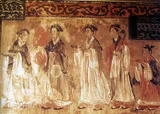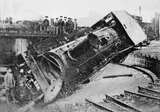null
Slaves are Free
Mount Vernon, Virginia, U.S.
Jan 1 1801
Thu 09:05:00
A year after George Washington's death, on January 1, 1801, Martha Washington signed an order freeing his slaves. Many of them, having never strayed far from Mount Vernon, were naturally reluctant to try their luck elsewhere; others refused to abandon spouses or children still held as dower slaves (the Custis estate) and also stayed with or near Martha. Following George Washington's instructions in his will, funds were used to feed and clothe the young, aged, and sickly slaves until the early 1830s.
Near you
See allYesterday
See allIn 41, Caligula was assassinated by the commander of the guard Cassius Chaerea. Also killed were his fourth wife Caesonia and their daughter Julia Drusilla. For two days following his assassination, the senate debated the merits of restoring the Republic.

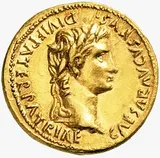
Claudius was a younger brother of Germanicus and had long been considered a weakling and a fool by the rest of his family.
The Praetorian Guard, however, acclaimed him as emperor. Claudius was neither paranoid like his uncle Tiberius, nor insane like his nephew Caligula, and was, therefore, able to administer the Empire with reasonable ability.


Marcus Otho was Roman emperor for three months, from 15 January to 16 April 69. He was the second emperor of the Year of the Four Emperors.
Inheriting the problem of the rebellion of Vitellius, commander of the army in Germania Inferior, Otho led a sizeable force that met Vitellius' army at the Battle of Bedriacum. After initial fighting resulted in 40,000 casualties, and a retreat of his forces, Otho committed suicide rather than fight on, and Vitellius was proclaimed emperor.


Tomorrow
See allFrederick I, also called Frederick Barbarossa, was crowned Emperor in 1155. He emphasized the "Romanness" of the empire, partly in an attempt to justify the power of the Emperor independent of the (now strengthened) Pope. An imperial assembly at the fields of Roncaglia in 1158 reclaimed imperial rights in reference to Justinian's Corpus Juris Civilis. Imperial rights had been referred to as regalia since the Investiture Controversy but were enumerated for the first time at Roncaglia. This comprehensive list included public roads, tariffs, coining, collecting punitive fees, and the investiture or seating and unseating of office holders. These rights were now explicitly rooted in Roman Law, a far-reaching constitutional act.

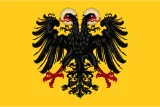
On January 2, 1906, Carrier was granted U.S. Patent 808,897 for an Apparatus for Treating Air, the world's first spray-type air conditioning equipment. It was designed to humidify or dehumidify air, heating water for the first function and cooling it for the second.

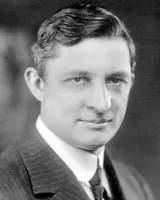
In 1912, the town of Leipzig, seat of the annual Leipzig Book Fair, the Kingdom of Saxony and the Börsenverein der Deutschen Buchhändler (Association of German booksellers) agreed to found a German National Library in Leipzig. Starting 1 January 1913, all publications in German were systematically collected (including books from Austria and Switzerland).


After the First World War ended, President Woodrow Wilson declared his intention to present a 14-point plan for world peace at the forthcoming Paris Peace Conference. Garvey joined various African-Americans in forming the International League for Darker People, a group which sought to lobby Wilson and the conference to give greater respect to the wishes of people of color; their delegates nevertheless were unable to secure the travel documentation.

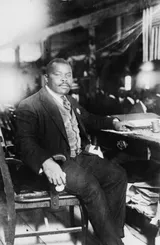
This month
See allIn 41, Caligula was assassinated by the commander of the guard Cassius Chaerea. Also killed were his fourth wife Caesonia and their daughter Julia Drusilla. For two days following his assassination, the senate debated the merits of restoring the Republic.


Claudius was a younger brother of Germanicus and had long been considered a weakling and a fool by the rest of his family.
The Praetorian Guard, however, acclaimed him as emperor. Claudius was neither paranoid like his uncle Tiberius, nor insane like his nephew Caligula, and was, therefore, able to administer the Empire with reasonable ability.


Marcus Otho was Roman emperor for three months, from 15 January to 16 April 69. He was the second emperor of the Year of the Four Emperors.
Inheriting the problem of the rebellion of Vitellius, commander of the army in Germania Inferior, Otho led a sizeable force that met Vitellius' army at the Battle of Bedriacum. After initial fighting resulted in 40,000 casualties, and a retreat of his forces, Otho committed suicide rather than fight on, and Vitellius was proclaimed emperor.


Collections
See allCold war
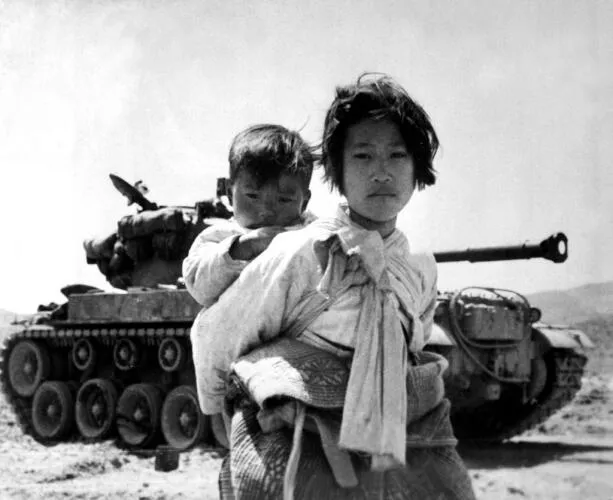



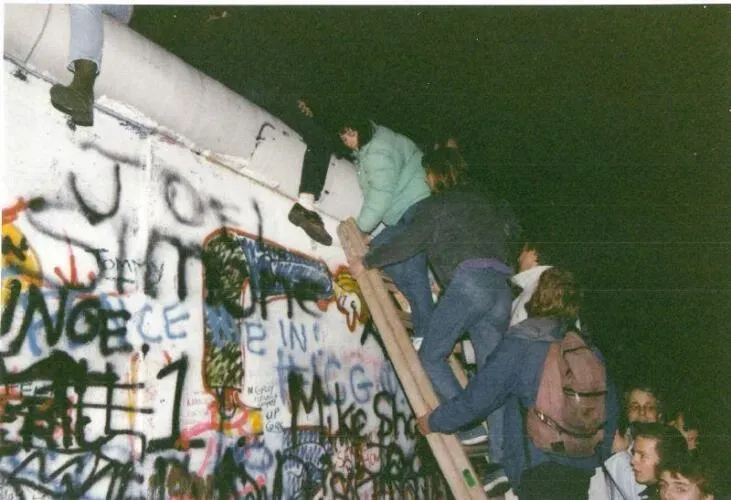

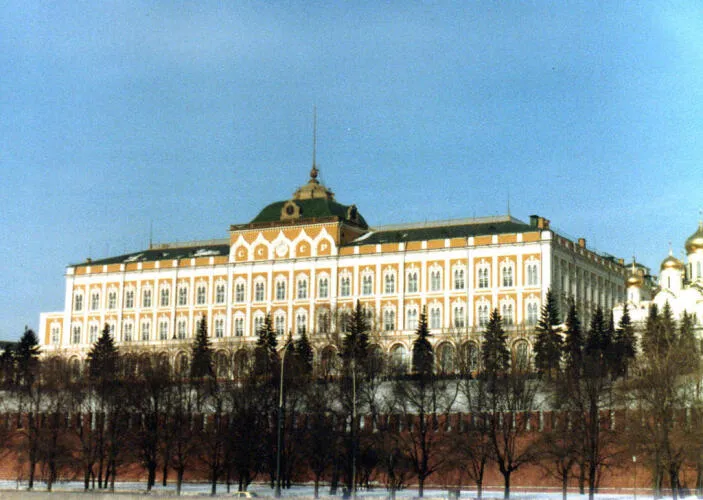
The Cold War was a period of geopolitical tension between the Soviet Union and the United States and their respective allies, the Eastern Bloc and the Western Bloc, after World War II.

Korean War

Vietnam War

Berlin Wall

Dissolution of the Soviet Union
U.S. Presidents
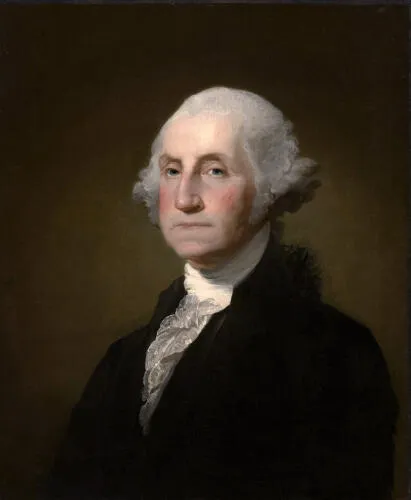

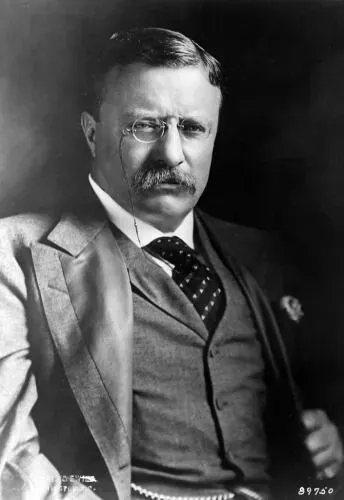

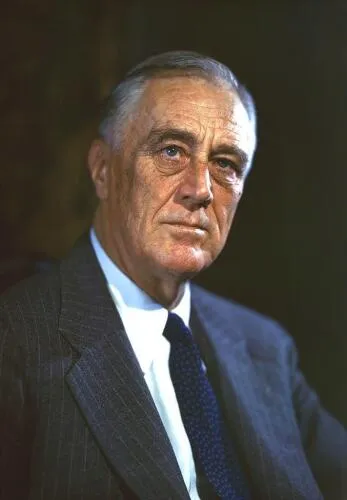

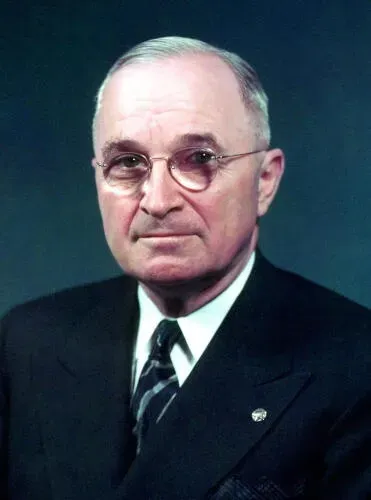

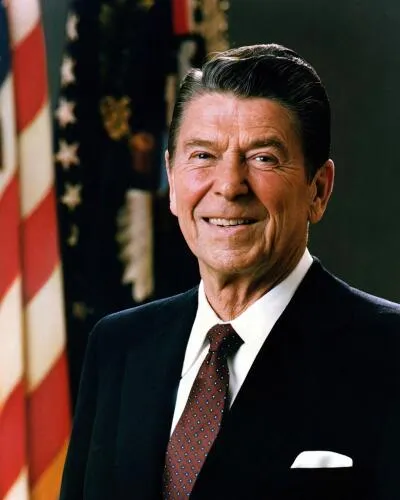

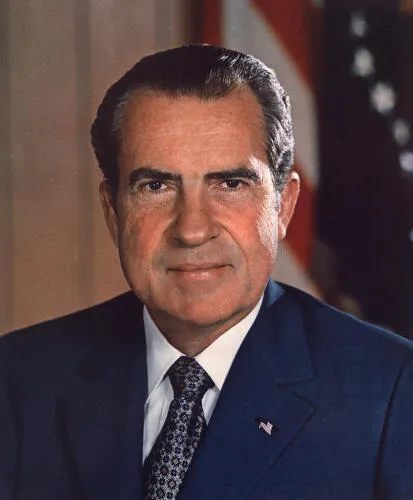

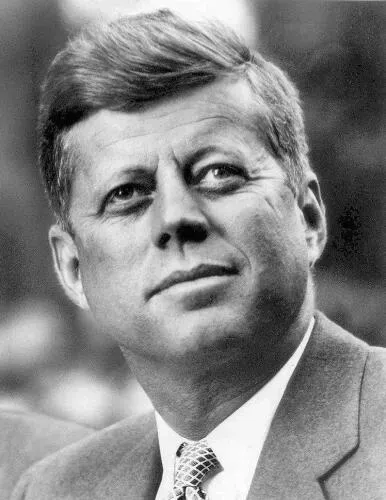

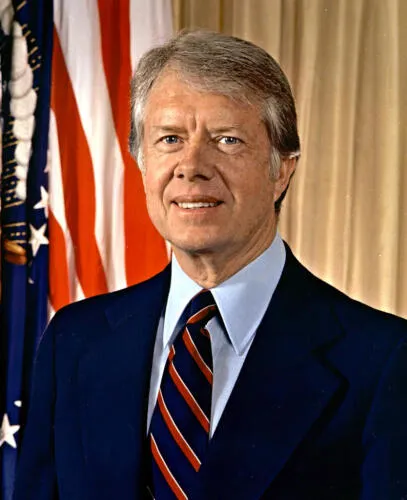



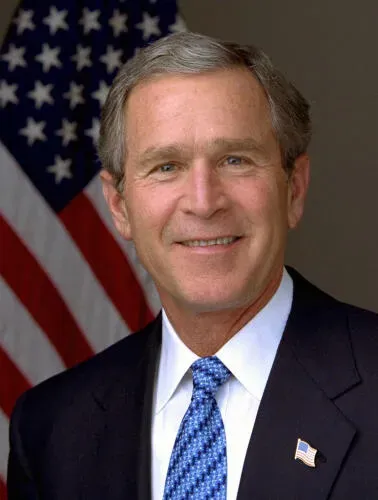

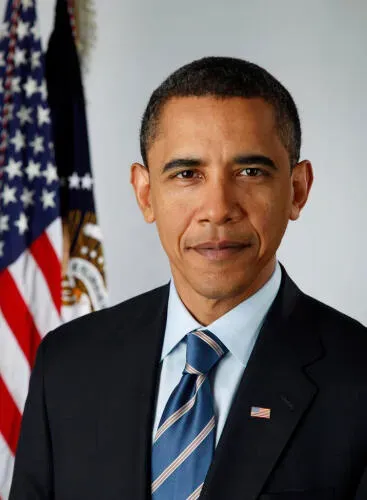
In this collection, we list U.S. Presidents Stories. The president of the United States is the head of state and head of government of the United States, indirectly elected to a 4-year term by the people through the Electoral College.

George Washington

Theodore Roosevelt

Franklin D. Roosevelt

Harry S. Truman

Ronald Reagan

Richard Nixon

John F. Kennedy

Jimmy Carter

Donald Trump

George W. Bush

Barack Obama
Great Women in History
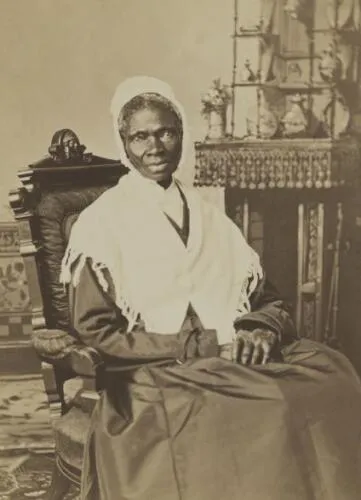

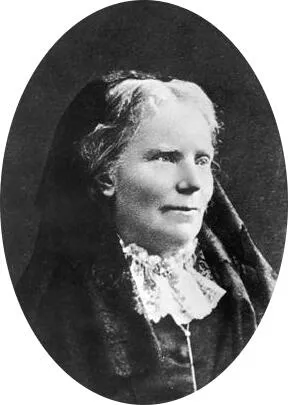

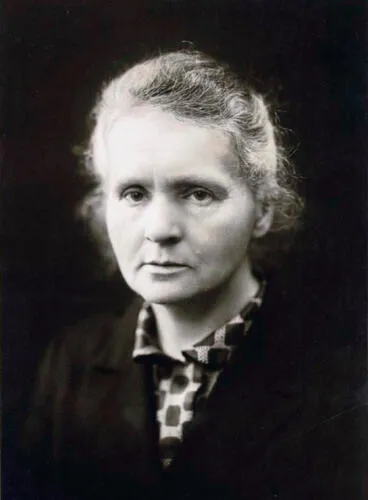

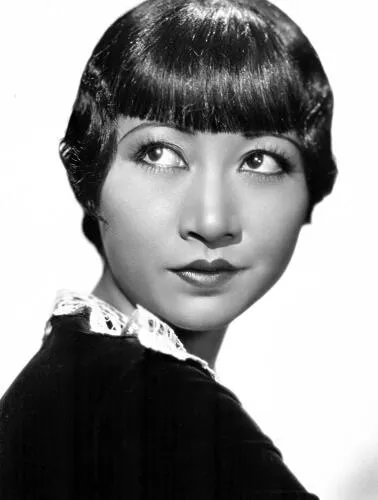

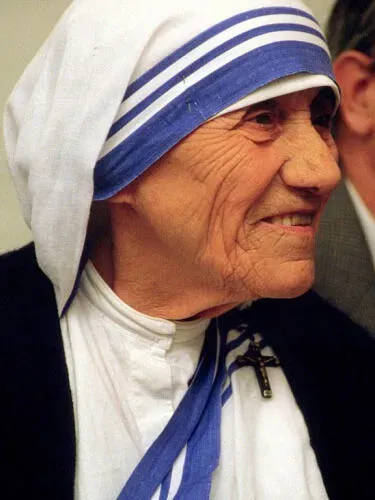

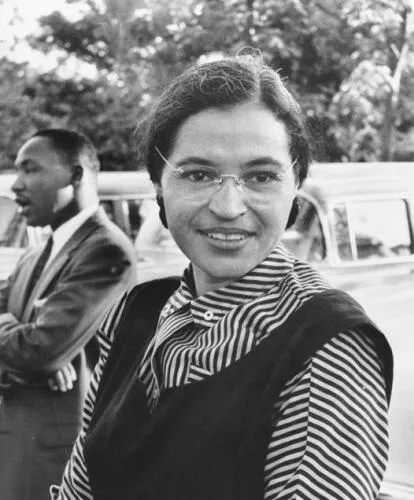

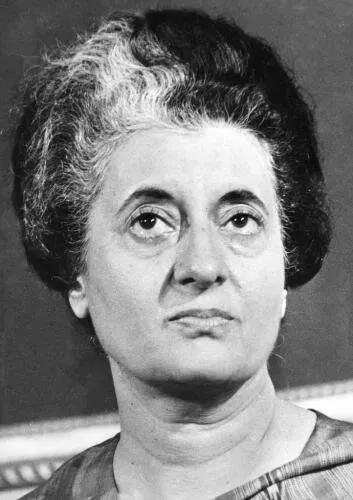

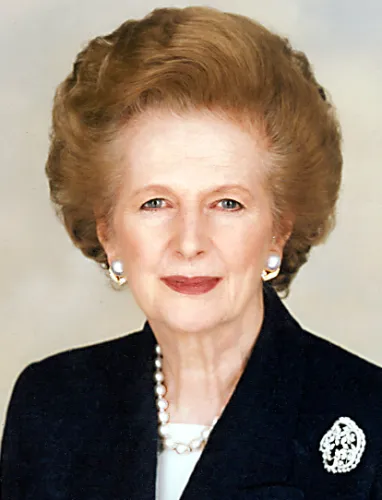





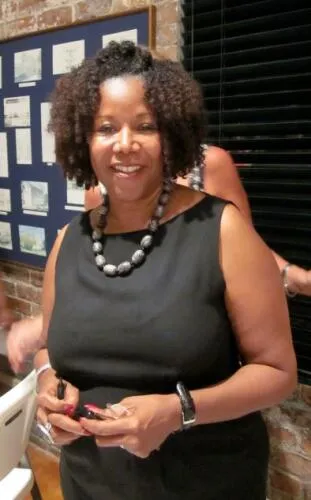



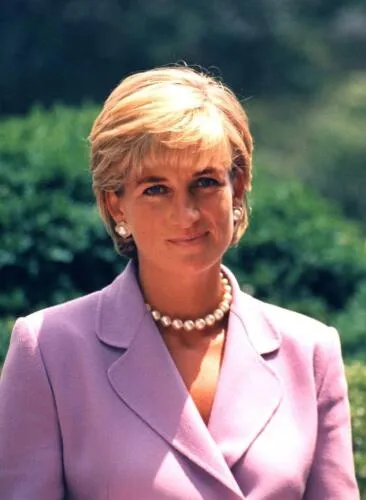
The female characters affected history.

Sojourner Truth

Elizabeth Blackwell

Marie Curie

Anna May Wong

Mother Teresa

Rosa Parks

Indira Gandhi

Margaret Thatcher

Angela Merkel

Halimah Yacob

Ruby Bridges

Theresa May

Princess Diana

